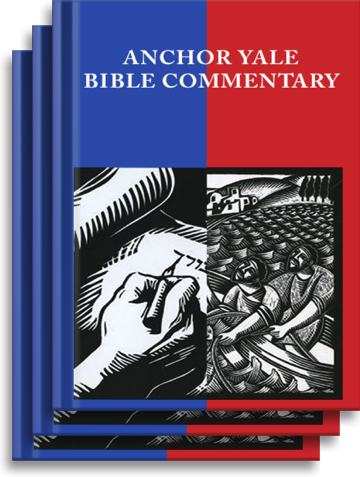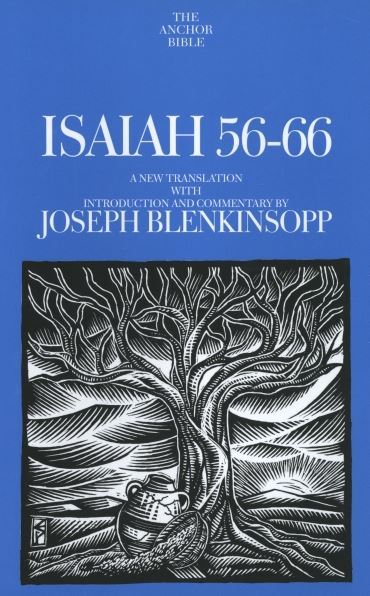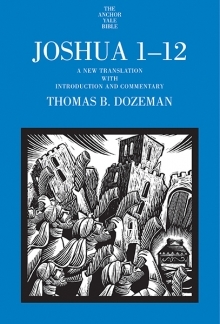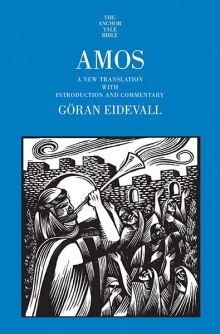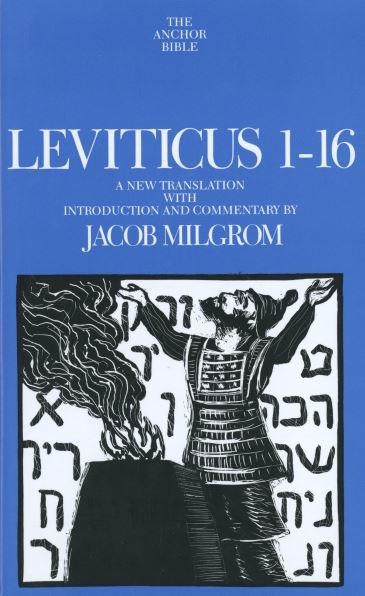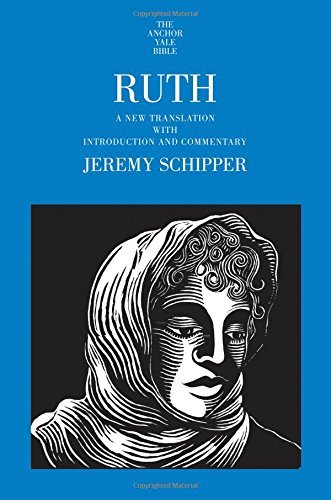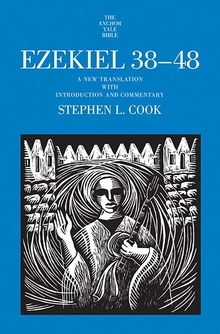


Anchor Yale Bible Commentary: Psalms 1-50 (AYB)

Anchor Yale Bible Commentary: Psalms 1-50 (AYB)
Psalms I (1–50) is the first of a three-volume commentary on the biblical book of Psalms. It offers a unique, lively translation of the most beloved collection of poetry in Judeo-Christian sacred Scriptures. Based on his linguistic analysis of both biblical and extrabiblical texts, Mitchell Dahood, S.J., interprets this Hebrew poetry in light of rich linguistic and cultural evidence.
Dahood’s translation captures the beauty and full texture of Hebrew poetry. It offers an accurate English rendering, framed within the dynamic poetic forms of the Hebrew text. Through the use of Ugaritic and cognate literature, Dahood corrects mistranslations and illuminates previously obscure phrases. The fruit of a masterful analysis of the original texts, this fresh translation, the comprehensive notes, and the groundbreaking commentary establish Dahood’s Psalms I (1–50) as the premier commentary on the Psalms.
Mitchell Dahood, S.J., was Professor of Ugaritic Language and Literature at the Pontifical Biblical Institute in Rome up to his death in 1982. He received his Ph.D. under the direction of W. F. Albright at Johns Hopkins University.
THE ANCHOR YALE BIBLE COMMENTARY SERIES is a project of international and interfaith scope in which Protestant, Catholic, and Jewish scholars from many countries contribute individual volumes. The project is not sponsored by any ecclesiastical organization and is not intended to reflect any particular theological doctrine.
The Anchor Yale Bible is committed to producing commentaries in the tradition established half a century ago by the founders of the series, William Foxwell Albright and David Noel Freedman. It aims to present the best contemporary scholarship in a way that is accessible not only to scholars but also to the educated nonspecialist. Its approach is grounded in exact translation of the ancient languages and an appreciation of the historical and cultural context in which the biblical books were written supplemented by insights from modern methods, such as sociological and literary criticism.
